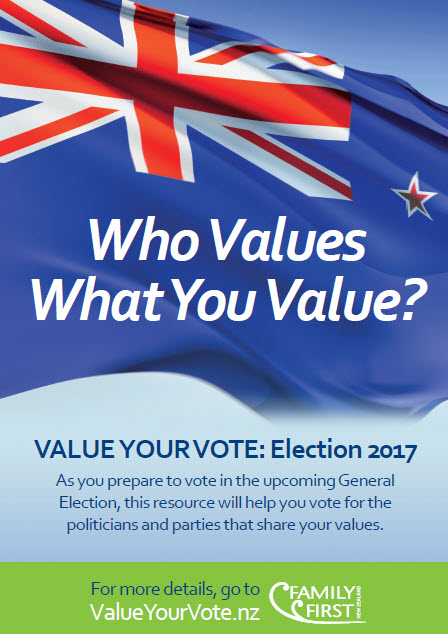 Media Release 13 Aug 2017
Media Release 13 Aug 2017
For the fourth successive election, Family First NZ has launched their Value Your Vote resource to inform voters leading up to the September election.
“Value Your Vote records how existing MP’s have voted over the past five terms on controversial issues with a focus on votes related to marriage, parenting, and other key social issues. It also makes an important projection on how existing MPs are likely to vote on the upcoming euthanasia and medicinal marijuana bills,” says Bob McCoskrie, National Director of Family First NZ.
“We believe that the issues of the economy, education, health, housing, and law and order are significant. But focusing on economics and other issues while ignoring social values will actually make society’s present problems worse, not better. Research proves that the strength of marriage and family has a major impact on the strength of our nation and the rates of child poverty, child abuse, costs of welfare, and an ordered civil society. Over the past 15 years, there have been a number of law changes voted on by our politicians specifically impacting the welfare of Kiwi families and the role of parents. Marriage has been increasingly devalued.”
There is also a survey of the party leaders’ views and voting intentions on 38 issues including the definition of marriage, income splitting, decriminalisation of abortion, euthanasia & marijuana, ‘gender identity’ in schools, Easter trading laws, same-sex adoption, paid parental leave, broadcasting standards, and many more.
“In a new feature for this election, we have asked all the major parties what their official party policy is regarding the crucial issues of marriage, the anti-smacking law, abortion, euthanasia, marijuana, gender ‘identity’, sex education in schools & parental notification, and others,” says Mr McCoskrie.
This resource was available at the last election in 2014 (and also in 2011 & 2008) and was very popular with over 100,000 page views on the website, and more than 150,000 brochures distributed throughout the country. 80,000 copies have already been ordered.
“Family First New Zealand does not endorse or oppose candidates or parties for elective office, but this resource offers an important perspective on each candidate and party in matters important to families. We are pleased to offer this guide as a helpful resource to aid you in making an informed decision when you vote this September.”
DOWNLOAD THE 16-PAGE PAMPHLET
OFFICIAL WEBSITE – www.ValueYourVote.nz






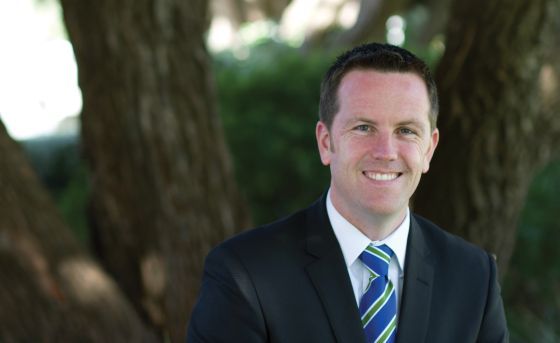
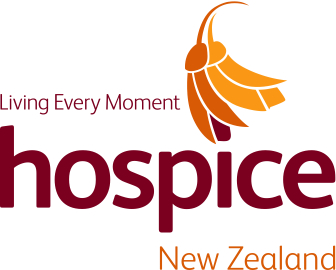
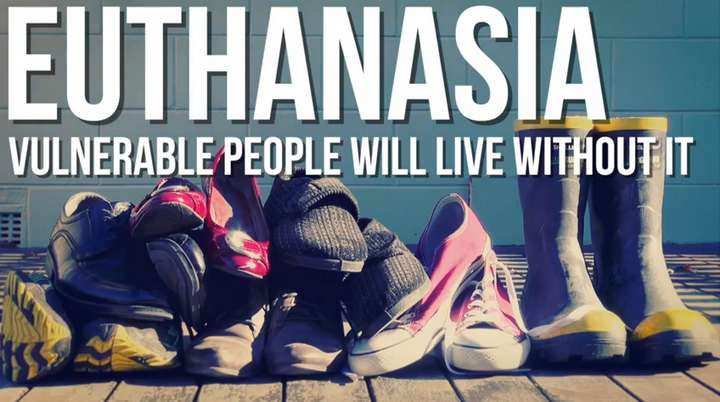
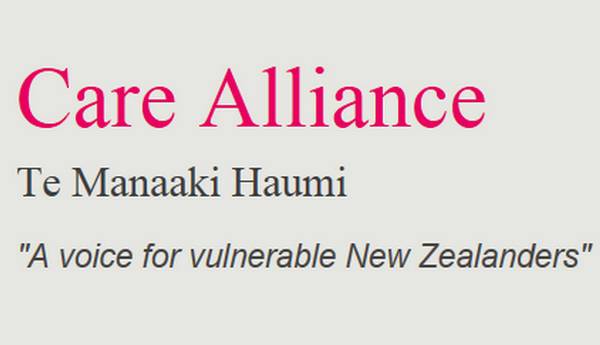
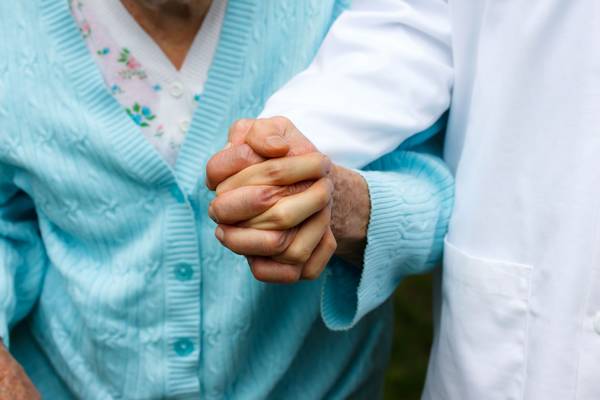
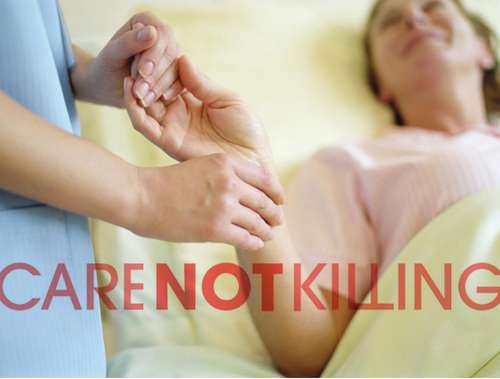
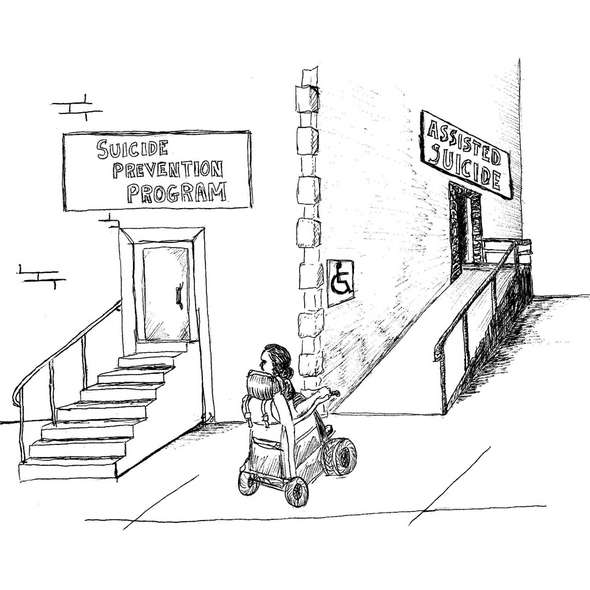
 Media Release 2 Aug 2017
Media Release 2 Aug 2017